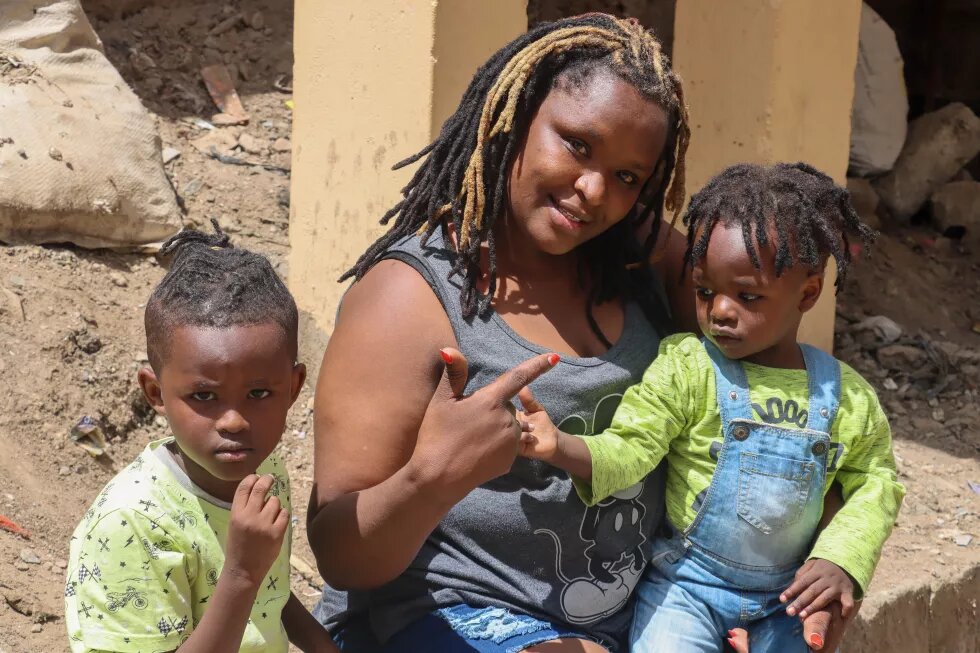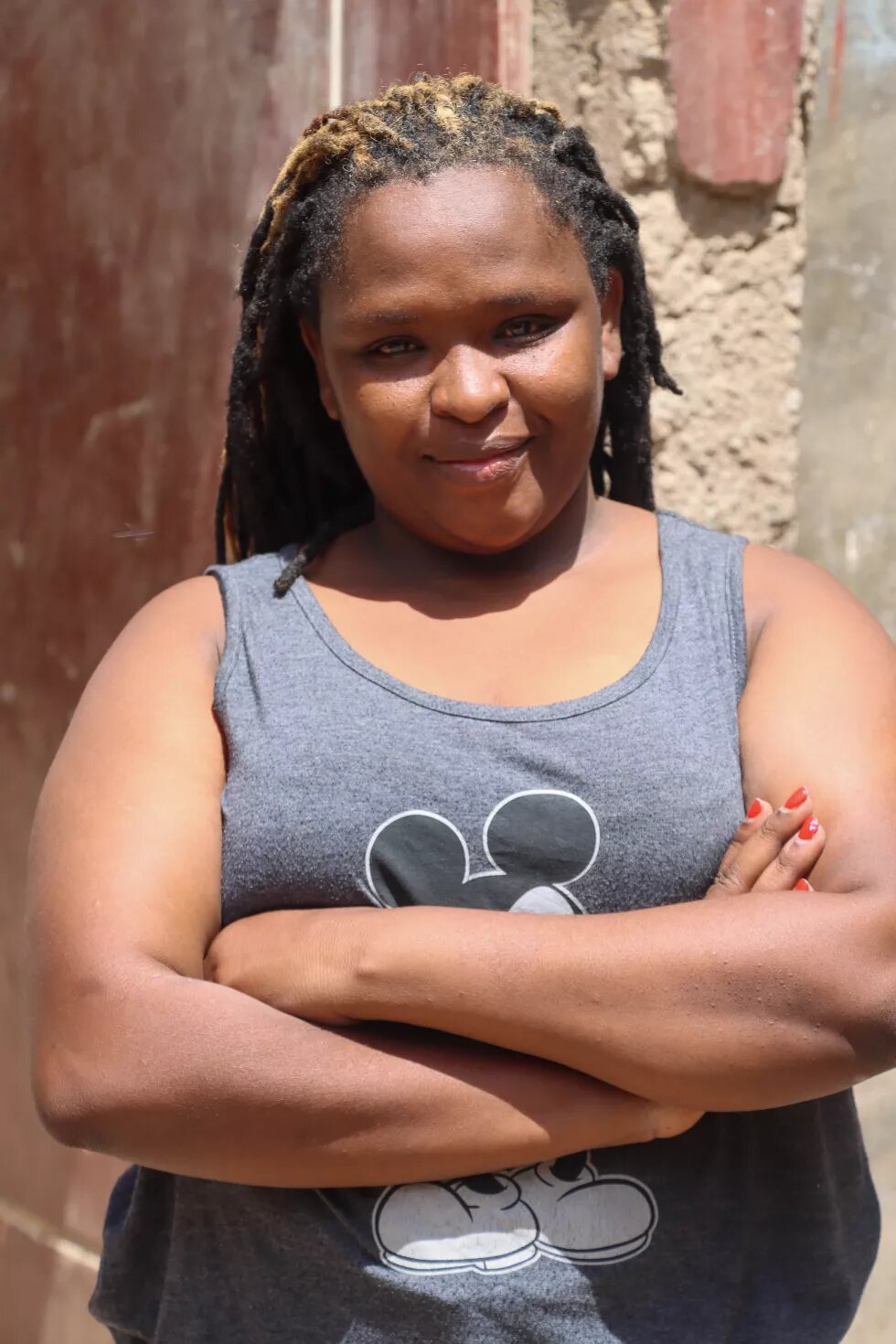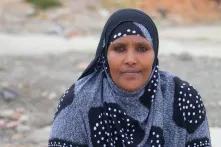

I live in Umoja 2. I live there because I can afford to. There is poor sanitation. There is a lot of alcohol and substance abuse. The houses are two roomed and made of stone.
I was born in Kariobangi; we moved to my grandmother’s family house in Huruma. We were then moved to Mombasa to my paternal grandparents place after my father passed away. We then moved back to Nairobi with my siblings after my mother passed away. I got pregnant and my uncles took me and my siblings to my maternal home in Machakos. I left because of the very difficult conditions towards my last trimester. I came to Korogocho to live with my child’s father. We had to leave because the police was hunting him and the house was not very conducive during the rainy season. The river banks had burst, flooding the house. We moved to Kibera to a friend’s place. I left for my father’s house. I moved after getting a second child to Tanzania to work as a beautician for two years. I got back to Nairobi and moved to Siaya after having my third child. I left Siaya after my fourth child and the death of their father. I came back to Nairobi, then moved to Dubai to work. I left Dubai for Kenya after marriage to my new husband’s home in Mombasa. I left for Nairobi after we separated. I then lived in Kahawa West where I left after having my fifth and sixth child.
Migrating with children is such a burden. The children have had to switch schools which is a challenge. The change of environment makes it hard for children to adapt. Switching jobs is also draining and being jobless does not make the situation any better either. Raising children alone worsens the situation. Finding decent housing for the children is difficult and expensive. I was once kicked out of a house due to arrears and had to start from scratch because everything was locked inside. I have had to buy some household items again because they get lost in the process of moving.
There is discrimination on the basis of gender when looking for jobs. I have been discriminated against as a woman. I felt demeaned. There is also sexual harassment which affects women more.
Food has become more expensive and wages have reduced or remained the same. We have to buy food in bulk as collectives. I have grown some onions, tomatoes and a mango tree. I need knowledge on how to grow more vegetables in my backyard.
-----
This testimony is part of the Dossier Urban Displacement. Forced Evictions: Stories from the Frontline in African Cities


